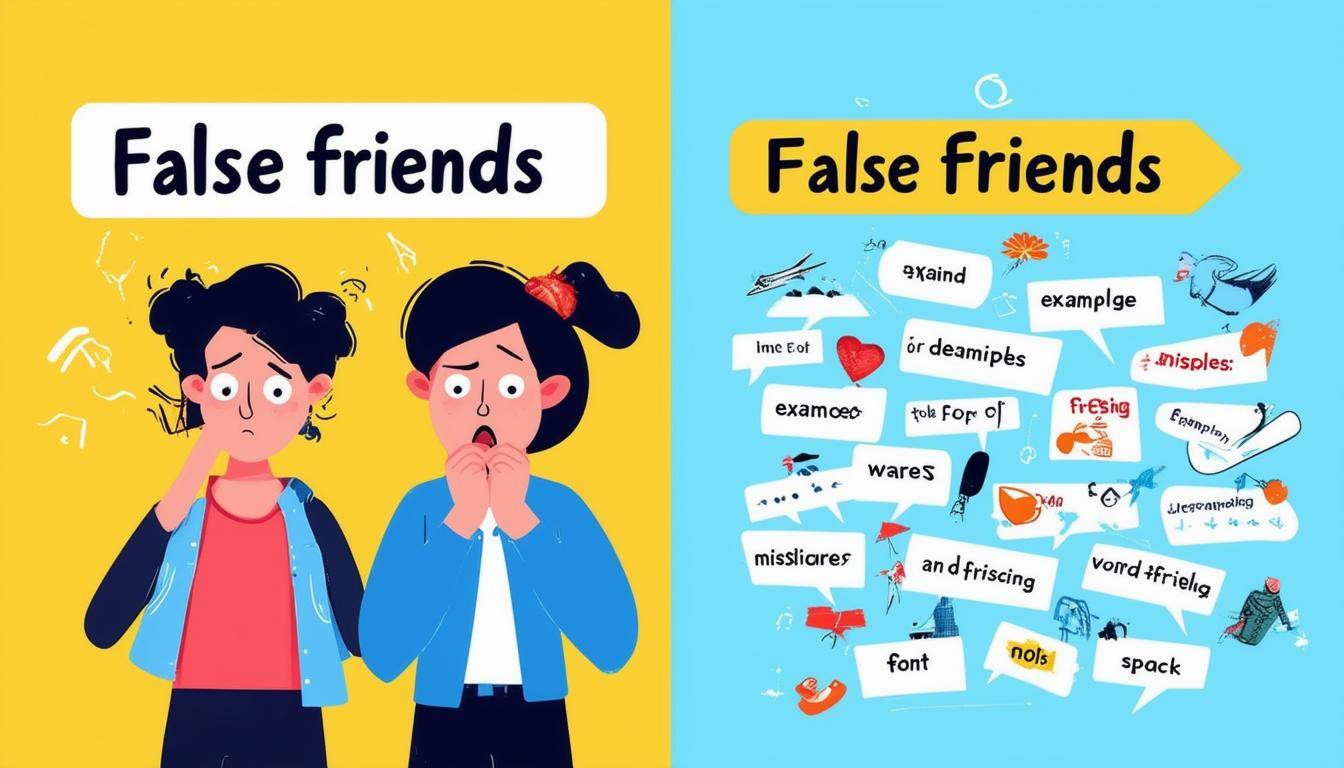3 min read
Essential English-Polish Phrasebook
Essential English-Polish Phrasebook for Travellers Are you visiting Poland but don’t speak the language? Don’t worry! This practical phrasebook will...

A professional translator must possess a broad range of knowledge and skills to effectively translate texts between these two languages. This knowledge includes language proficiency, cultural understanding, grammar, and the specifics of both languages. Here are some key aspects a translator needs to know and understand.
A translator must be fluent in at least two languages. This means knowing the vocabulary, grammar, syntax, and pronunciation of both. Language proficiency also includes the ability to understand different dialects, accents, and regional variations in both languages.
Grammar in foreign languages differs in many ways. A translator must know and adhere to the grammatical rules of both languages, such as verb conjugation, noun declension, use of past tenses, sentence structure, and types of pronouns. Grammatical errors can lead to serious misunderstandings, so a translator should pay special attention to them.
Both languages have many idioms and phrases that do not have a literal equivalent in the other language. A translator must know these idioms and be able to translate them into appropriate expressions that convey their meaning in the target language. Additionally, a translator should be aware that some idioms are specific to a particular region or country and may be incomprehensible to audiences from other areas.
A translator must know the specialist vocabulary related to a given field, such as medicine, law, or technology. This allows for precise translation of technical texts and avoiding errors resulting from misunderstanding the terminology. As the translator gains experience in various fields, their specialist knowledge expands, leading to better translations.
A translator must consider the style and register of the source text to ensure the translation conveys the author's intentions. For example, a formal text should be translated into equally formal language, while an informal text may require the use of more colloquial language. The translator should also pay attention to the tone of the text to preserve its atmosphere and emotions.
A translator must keep up with the evolution of the language, including new words, phrases, and changing meanings of existing words. This ensures that translations are current and understandable to contemporary audiences. Sometimes this may require converting archaic or outdated words into modern equivalents.
A translator should be aware of false friends, which are words that appear to be related to other languages but have different meanings. For example, the English word "actually" means "really" or "in fact," not "aktualnie" in Polish. Avoiding errors resulting from false friends is crucial for accurate translation.
A translator must adapt the translation to the local context, which may include adjusting units of measure, currencies, or cultural references. The goal is to make the translation as understandable as possible for the target audience.
A translator must be able to understand and translate non-standard forms of language, such as slang, jargon, or dialects. Including these nuances can contribute to the authenticity of the translation.
A translator should be capable of editing and proofreading their work, ensuring linguistic, grammatical, and punctuation accuracy. The ability to self-check translations and eliminate errors is crucial for maintaining high-quality work.
A translator must be able to consider the context of the text so that the translation is not only literal but also conveys the meaning and purpose of the original. Contextual translation may involve analysing the author's intentions, the audience, and the situation in which the text is to be used.
A translator should know the spelling conventions of both languages, such as numeral notation systems, diacritical marks, capitalisation rules, or the use of quotation marks. Knowledge of these conventions is essential for maintaining consistency and readability in translation.
A translator must have creative abilities to translate artistic texts, such as literature, poetry, or songs. In such cases, the translator must strive to preserve the original rhythm, style, meaning, and emotions, often requiring a creative approach to translation.
A translator must be aware of search engine optimisation (SEO) techniques and consider them during translation. This includes the appropriate use of keywords, phrases, and text structure that can influence a website's ranking in search results.
A translator must ensure the quality of their work, which includes checking the translation for grammatical, punctuation, stylistic, and terminological errors.
A translator must be able to adapt the translation to the purpose for which it was created. For example, translating an advertisement requires a different approach than translating a legal contract. The translator should therefore pay attention to the context and the expectations of the audience.
A translator must be proficient in working with various document formats, such as text files, presentations, or graphic files. This may require the ability to use different computer programs, such as text editors, DTP tools, or computer-assisted translation (CAT) software.
Modern translators often use CAT tools that facilitate and speed up work. The ability to use such software, like Trados or memoQ, is often required in the translation profession.
Translating literary texts, poetry, or songs requires not only excellent knowledge of both languages but also artistic sense and creativity. The translator must be able to convey the beauty of the original text while preserving its content and emotions.
A translator must be able to perform cultural translation, which means adapting the text to be understandable and acceptable to the target audience. This may include changes in examples, metaphors, jokes, colloquial expressions, or political and cultural references.
Translators often collaborate with other specialists, such as editors, proofreaders, or other translators. The ability to work in a team and effectively communicate with other group members is important for achieving optimal results.
A translator must be able to manage their time and organise work to meet deadlines. This requires planning skills, task prioritisation, and motivation to work.
A translator should know and adhere to professional ethics principles, such as maintaining confidentiality, integrity in work, and honesty with clients and colleagues. Respecting these principles builds trust and professionalism in the translation industry.
A translator should be open to professional development and continuous improvement of their skills. Participating in training, workshops, or industry conferences allows for gaining new competencies and keeping up-to-date knowledge of language changes, technology, and translation trends.
Many of our clients started by translating their projects themselves before we met. If you do not have time to acquire all the above skills, self-translation may prove ineffective: it will certainly not be better, cheaper, or more enjoyable than establishing a professional collaboration with the POZENA Language Centre.
Get a free quote for your translation and see for yourself.

3 min read
Essential English-Polish Phrasebook for Travellers Are you visiting Poland but don’t speak the language? Don’t worry! This practical phrasebook will...

3 min read
Tricky Polish False Friends: Avoiding Common Language Traps Navigating the complexities of Polish translations can be an intricate and demanding...

5 min read
English is the native language for some 360 million of the globe's population (nearly 5% of the world's population) and ranks 3rd in the world...